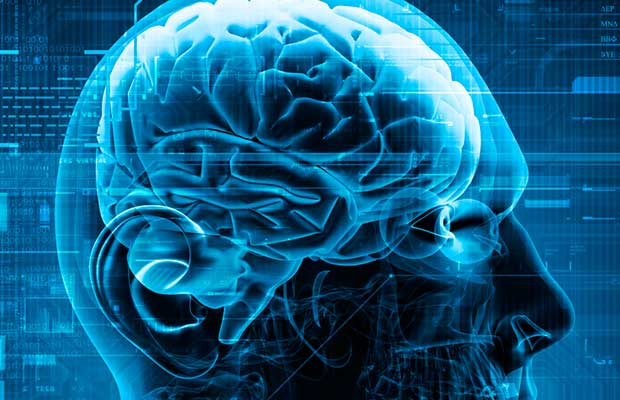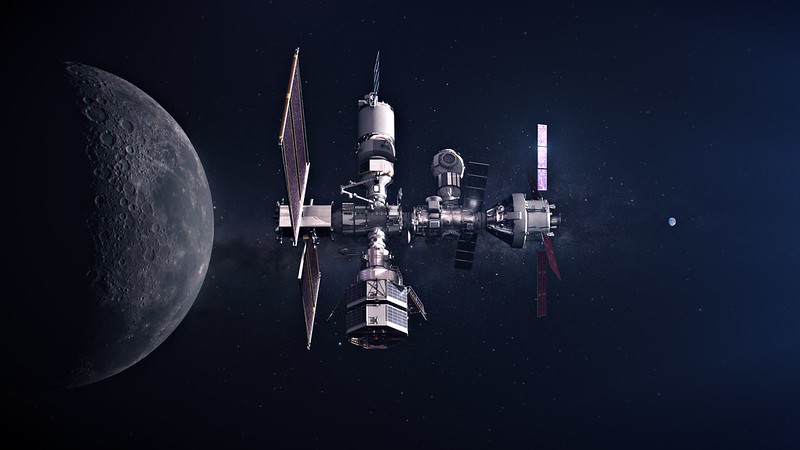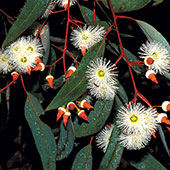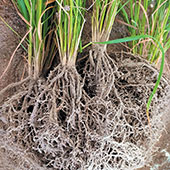Home_archived
We are the International Centre for Neuromorphic Systems
- We study and mimic biological brains and sensory organs to engineer compact, robust, and efficient artificial neural networks that out-perform classical computers and conventional sensors.
- We design and build high-performance, energy-efficient sensors and processors, including algorithms and customised hardware, which are ideal for distributed, mobile, and autonomous applications in challenging and remote environments.
- We also find answers to big questions like How does the brain work? and solutions for neurological damage or disease.
- We’re training the next generation of neuromorphic engineers to meet growing demand in this increasingly important field.
We welcome your interest in our research and impact. To learn more, please explore our website or get in touch.
A World First Program! Master of Neuromorphic Engineering |
|
|---|---|

|
Neuromorphic Engineering is an exciting inter-disciplinary field combining aspects from electrical engineering, computer science, neuroscience, signal processing and mathematics. |
MASTER OF NEUROMORPHIC ENGINEERINGA world first program!ENROL NOW |
|---|
 | The International Centre for Neuromorphic Systems (ICNS) are excited to announce they have teamed up with Intel to build a world-first brain-scale neuromorphic computer, using reconfigurable hardware and open-source software, to learn more about how the brain works and how to build better AI. For more information click here This is just one of the many projects @ICNS are working on to commercialise and expand their Neuromorphic capabilities. For more details contact ICNS here |
|---|
ICNS - Moon to Mars Initiative Grant
Western Sydney University’s International Centre for Neuromorphic Systems (ICNS) have been recognised across the Defence Connect network for successfully securing grant funding from the Australian Government’s Moon to Mars initiative. This funding will help develop new Australian technologies for potential use on NASA’s Moon to Mars mission.
Congratulations to Professor André van Schaik, Associate Professor Greg Cohen and the entire ICNS team.
See link for more informationThales Australia and Western Sydney University win space research funding - Defence Connect

Research Streams
Sydney calligrapher Mr David Liu presented three pieces of calligraphy on 17 October to congratulate its opening.
President of Xiamen University Professor Chongshi Zhu led a delegation to visit the Institute on 17 October as part of their visit to Western Sydney University.
Video Highlights

Dr Paul Rymer is searching for genetic features that contribute to trees’ adaptation to climate change, so that they can be taken into account for forest management...




